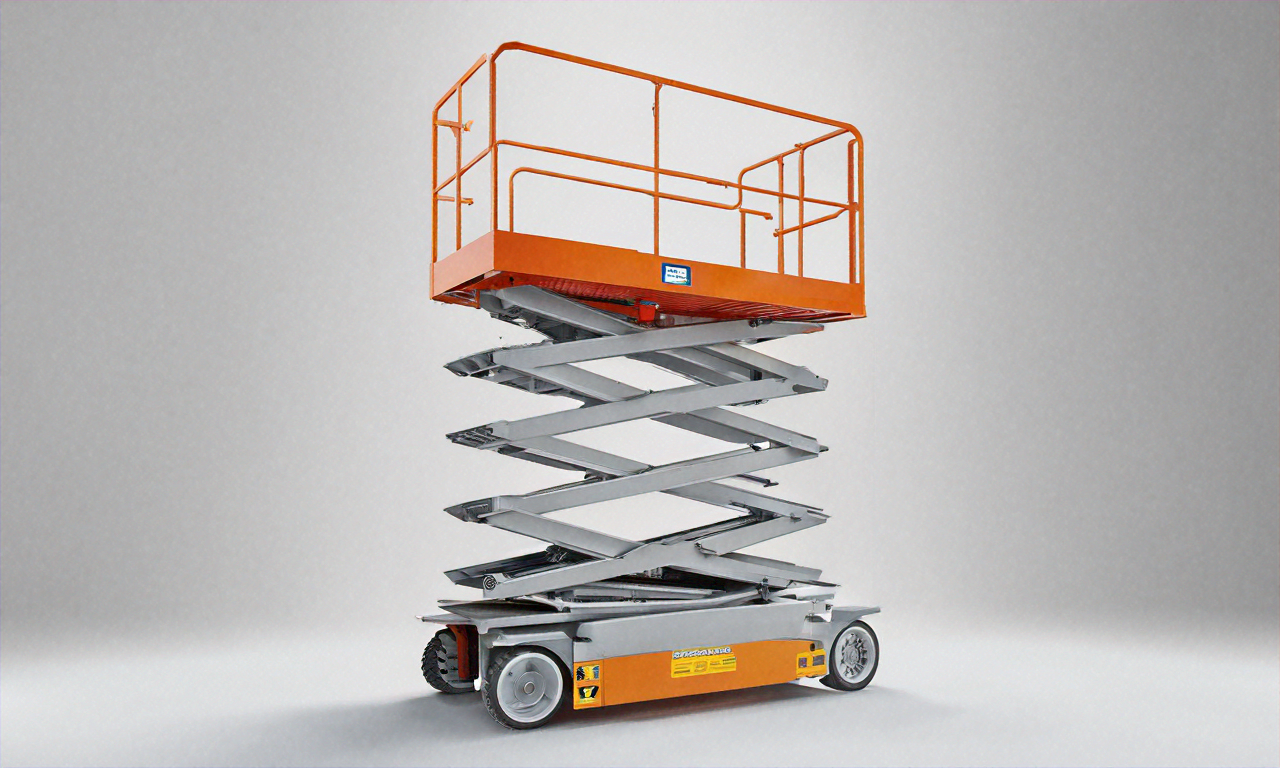What to Know Before Renting Gas Pressure Washers
From driveway cleaning to prepping for painting, gas pressure washers are often rented for tasks requiring strong water pressure. When looking at gas pressure washer rentals, many check daily rates, required fuel types, and how much pressure is suitable for different surfaces.

Understanding Types of Gas Pressure Washers
Gas pressure washers come in several varieties, each designed for specific cleaning applications. The main differentiator is pressure output, measured in pounds per square inch (PSI), and water flow rate, measured in gallons per minute (GPM).
Light-duty gas pressure washers typically range from 2,000-2,800 PSI and are suitable for cleaning patio furniture, vehicles, and small decks. Medium-duty models (2,900-3,300 PSI) work well for driveways, larger decks, and siding. Heavy-duty commercial units (3,300+ PSI) can handle tough concrete cleaning, paint preparation, and graffiti removal. Some rental centers also offer hot water gas pressure washers, which are more effective for removing grease, oil, and stubborn grime.
When selecting a model, consider not only the cleaning power needed but also the unit’s weight, mobility features, and hose length. Most rental centers provide various nozzle attachments with different spray patterns (0°, 15°, 25°, 40°, and soap applicator), allowing you to adjust the water concentration based on your cleaning surface.
How Rental Pricing Works for Pressure Washers
Rental pricing for gas pressure washers typically follows several models: hourly, daily, weekend, or weekly rates. Most rental centers structure their pricing to encourage longer rentals, making a full-day rental more economical than multiple hourly rentals.
Basic light-duty gas pressure washers generally cost less to rent than heavy-duty commercial models. Additional factors affecting pricing include whether the unit has hot water capabilities, special features like surface cleaners, and the inclusion of cleaning solutions. Most rental agreements include a set amount of fuel, with additional charges for returning the unit with less fuel than provided.
| Pressure Washer Type | Typical Daily Rate | Typical Weekend Rate | Weekly Rate |
|---|---|---|---|
| Light-Duty (2,000-2,800 PSI) | $55-$85 | $160-$200 | $220-$320 |
| Medium-Duty (2,900-3,300 PSI) | $75-$110 | $190-$250 | $280-$380 |
| Heavy-Duty Commercial (3,300+ PSI) | $90-$150 | $220-$320 | $350-$550 |
| Hot Water Units | $120-$200 | $280-$400 | $450-$700 |
Prices, rates, or cost estimates mentioned in this article are based on the latest available information but may change over time. Independent research is advised before making financial decisions.
Most rental centers require a security deposit and valid identification. Many also offer damage waivers for an additional fee, which can reduce your liability if the equipment is damaged during use. When booking, ask about their cancellation policy and whether they offer delivery and pickup services, which typically incur additional charges but can save you transportation hassle.
Safety Tips and Usage Guidelines
Operating a gas pressure washer requires careful attention to safety to prevent property damage and personal injury. The high-pressure water stream can cause serious harm if misused, including lacerations and injection injuries that may require medical attention.
Always wear appropriate safety gear, including closed-toe shoes, safety goggles, and hearing protection. Long pants and gloves provide additional protection. Never point the spray wand at people, pets, or fragile surfaces like windows. Maintain a safe distance (usually 1-2 feet) between the nozzle and the cleaning surface, adjusting based on the material you’re cleaning.
Before operation, inspect the area for hazards like electrical outlets, light fixtures, or loose debris. Cover nearby plants to protect them from detergents. Gas pressure washers produce carbon monoxide, so always operate them outdoors in well-ventilated areas—never in enclosed spaces like garages. When operating the machine, maintain stable footing and be prepared for kickback when triggering the spray gun.
Preparing for Your Rental
Preparation is key to maximizing your rental time. Before picking up your pressure washer, clear the work area of obstacles, furniture, and decorations. Measure the square footage you need to clean to estimate how long the job will take. Consider weather conditions—avoid pressure washing in freezing temperatures or high winds.
Ensure water access is available with sufficient pressure and volume. Most gas pressure washers require a garden hose connection that delivers at least 4 gallons per minute. If you plan to use cleaning solutions, confirm whether the rental center supplies them or if you need to purchase compatible detergents separately.
When you pick up the equipment, ask for a demonstration if you’re unfamiliar with operation. Have the rental center representative show you how to start the engine, adjust pressure settings, switch nozzles, and properly shut down the unit. Request written instructions to reference during use. Confirm what fuel type the machine requires (typically regular unleaded gasoline) and whether oil is included.
Common Rental Requirements and Restrictions
Most rental agreements include specific terms regarding equipment use. Many centers prohibit using pressure washers on certain surfaces like asphalt shingles, older mortar, painted wood, or electrical equipment. Some restrict the use of third-party accessories or attachments not provided with the rental.
Time restrictions typically specify exact return times, with late fees applying for overdue equipment. Many rental centers require the pressure washer to be returned clean and in the same condition as rented, including proper fuel levels. Understanding these requirements beforehand can help you avoid additional charges.
When renting, ask about troubleshooting support. Quality rental centers provide phone assistance for issues like starting problems or pressure inconsistencies. Some offer replacement units if mechanical problems occur during your rental period.
Conclusion
Renting a gas pressure washer can be a cost-effective solution for occasional deep-cleaning projects. By understanding equipment types, rental pricing structures, safety guidelines, and preparation requirements, you can select the appropriate machine and complete your cleaning tasks efficiently and safely. Take time to compare local rental options, carefully read the rental agreement, and ensure you’re comfortable with the equipment’s operation before beginning your project.




